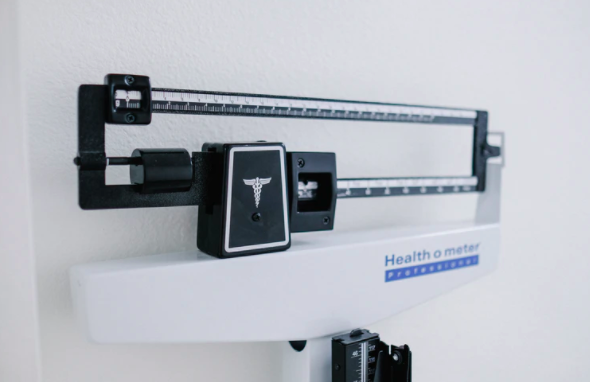Blog
- Fitness, Lifestyle, Nutrition
Counting calories is not the best strategy to get rid of your body fat.
- Yeli

When it comes to weight loss, rather than counting calories IN and calories OUT, we need to understand how our body works. Diets based on counting calories have been shown to fail in 99.5%, and it is simple: when we count calories we forget that not all calories are equal and that not all calories will be used in the same way by our body. According to the calorie in vs calorie out approach, once we ingest food, we reduce it to calories, which we store in a single form of energy reserve that we will use later according to our needs. However, our body doesn’t work like that.
Our body is actually governed by a bicompartmental model. According to that model, we store energy in two compartments:
- Glycogen, which is made up of glucose (sugar) units, it is stored in the muscles and liver and is an easily accessible reserve depot to use in the short term, but is limited. Once it is full, we need another energy reservoir: fat.
- Body fat stores energy without limit and we can use it in the long term, but it is difficult to access.
These two compartments are distinct, they are not used at the same time or in the same way. We first will access the energy reserves stored in glycogen and then those in fat. Maybe an analogy will help: imagine that glycogen stores are your kitchen, i.e. the place in your house where you store your food. You have access to it whenever you want, but there is a limit to the amount of food you can get from it (and there is also a limit to the amount you can store in it). When there is no more food in your kitchen you must go to the supermarket to satisfy your needs. The supermarket is your adipose tissue or fat, the body goes to this reserve for energy once there is no more glycogen left. Just like going to the supermarket, going to the adipose tissue for energy is a longer job and is not our first choice. When it comes to storing, you have to understand that, like your kitchen, glycogen stores have a limit, and when there is no more room we will store energy in the form of body fat, and here, there are no limits!
Long story short: when our bodies run out of glycogen (the food in the kitchen) we can access our fat storage (the supermarket). And the key to being able to access fat stores is to have low blood levels of insulin, the hormone in charge of getting glucose into the cells.
We can switch from one compartment to another thanks to low insulin levels. In fact, high insulin levels inhibit the process of LIPOLYSIS (lipo – fats and lysis – breakdown), i.e., the process of burning fat to be used as energy.
How can we keep insulin levels low?
- Fasting or at least restricting the number of hours in which we consume food. If we do not stop eating, our body does not stop receiving the signal to save energy and not to spend reserves. All foods (but especially carbohydrates) raise insulin and thus block access to energy reserves and fat burning. Try to at least fast 12 hours every day (leaving 12 hours between your dinner and breakfast), for example: have your last meal of the day at 8pm and then your first meal the next day at 8am.
- Watch your intake of carbohydrates and simple sugars. I’m not saying to eliminate them, but be mindful of the type of carbohydrates you consume. The less refined the better. When we eat large amounts of sugars, fruits, flour or other carbohydrate-rich foods, the pancreas works relentlessly to produce insulin. When these carbohydrates have a high glycemic index (the more refined, the higher the glycemic index) and cause sudden rises in blood sugar, glucose spikes force the pancreas to work at full capacity to generate sufficient amounts of insulin.
- Exercise! When we carry out an effort or perform exercise, glucose must be used by our muscles for energy. Therefore, two processes must be promoted: glucogenolysis and gluconeogenesis. The action of insulin is contrary to these two processes, so this hormone will be diminished during periods of exercise. In addition, regular exercise will increase sensitivity to insulin, causing a need for lower amounts of blood insulin for glycemic control.
If you need help getting started with intermittent fasting, controlling your carbohydrate intake or getting started on an exercise routine, let me know! I’m here to help you!
